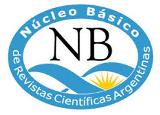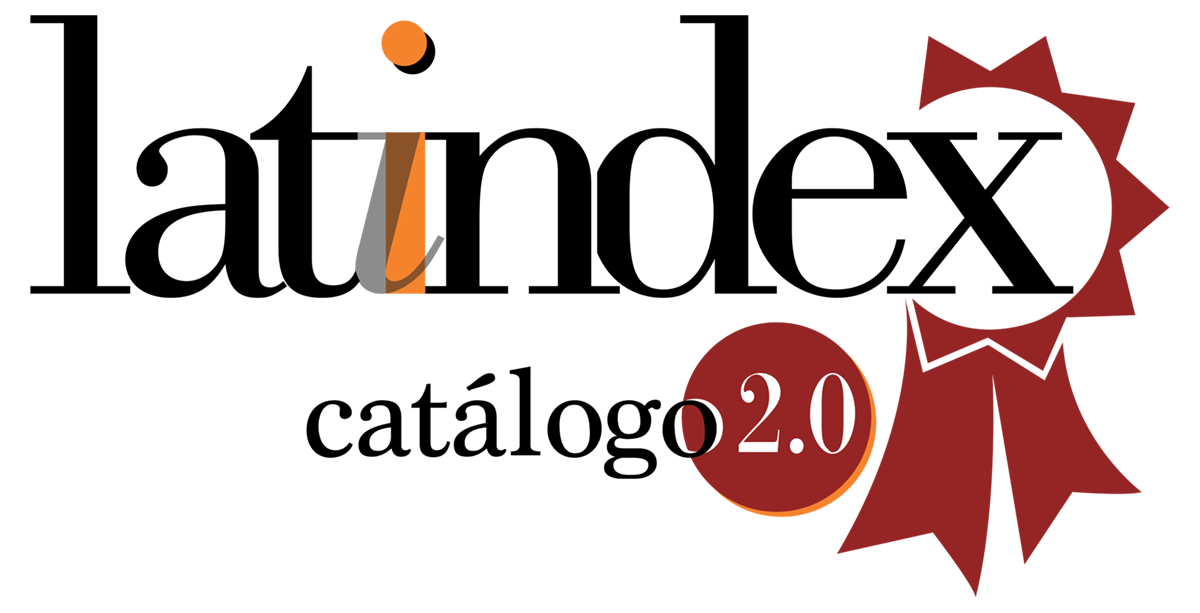Family and rural work in contemporary Argentina: a look from Concepción del Uruguay
DOI:
https://doi.org/10.24215/23139048e012Keywords:
Family; rural work; daily lifeAbstract
The main objective of this work is to reconstruct part of the labor and social daily life of the so-called "chacarero world" from the case study of the Bergara-Marín marriage and their sons and daughters during the time they developed productive activities as "settlers- tenants "at the Centella ranch, located in the Department of Uruguay; in the province of Entre Ríos. The time frame extends from the early 1930s to the year 1968.
Wiring work, harvests, family production, raising domestic animals, maintaining the home and the process of family development are the fundamental body of work in terms of the reaffirmation of identities and family ties that allow the reconstruction of the daily life of the so-called "chacarero world"
Downloads
References
Published
How to Cite
Issue
Section
License
The acceptance of an original by the journal implies the non-exclusive transfer of the economic rights of the authors in favor of the editor, who allows reuse, after editing (postprint), under a Creative Commons Attribution License -NonCommercial-ShareAlike 4.0 International (CC BY-NC-SA 4.0)
In accordance with these terms, the material can be shared (copied and redistributed in any medium or format) and adapted (remixed, transformed and created from the material another work), provided that a) the authorship and original source of its publication (magazine and URL of the work), b) is not used for commercial purposes and c) the same license terms are maintained.
The transfer of non-exclusive rights implies that after its publication (postprint) in Cuadernos de H ideas the authors can publish their work in any language, medium and format; in such cases, it is requested that it be stated that the material was originally published in this journal.
Such assignment also implies the authorization of the authors for the work to be harvested by SEDICI, the institutional repository of the National University of La Plata, and be disseminated in the databases that the editorial team considers appropriate for increase the visibility of the publication and its authors.
Likewise, the journal encourages the authors so that after their publication in Cuadernos de H ideas they deposit their productions in other institutional and thematic repositories, under the principle that offering society scientific and academic production without restrictions contributes to a greater exchange of global knowledge.










.png)

























